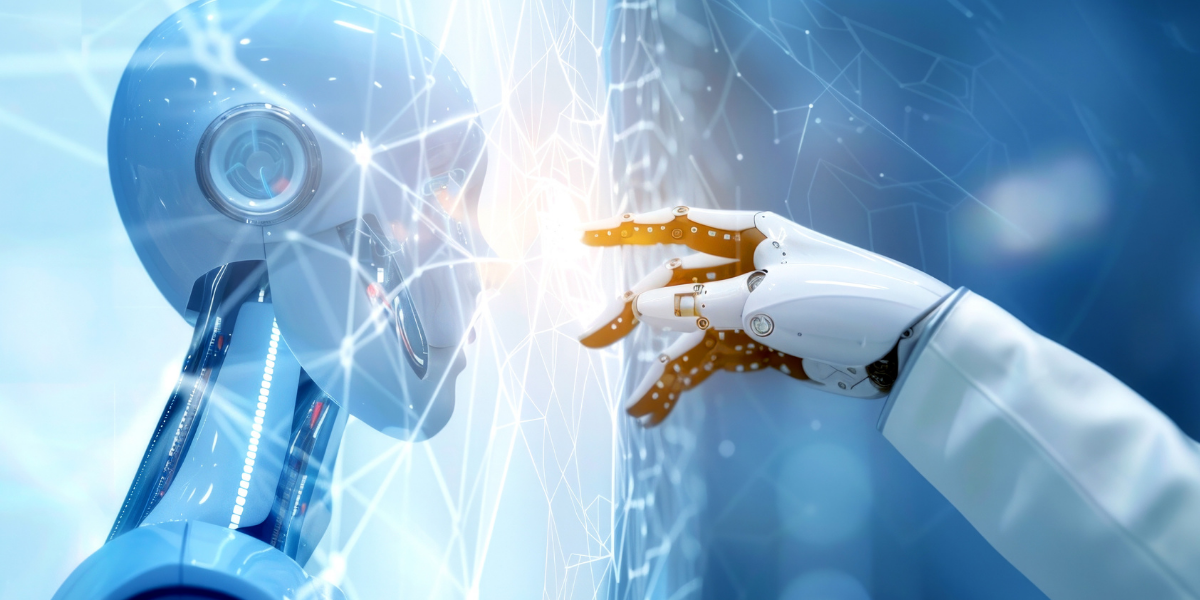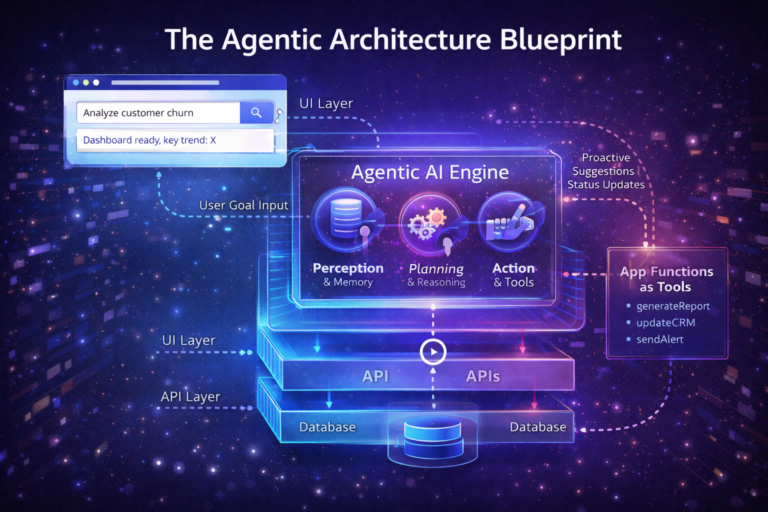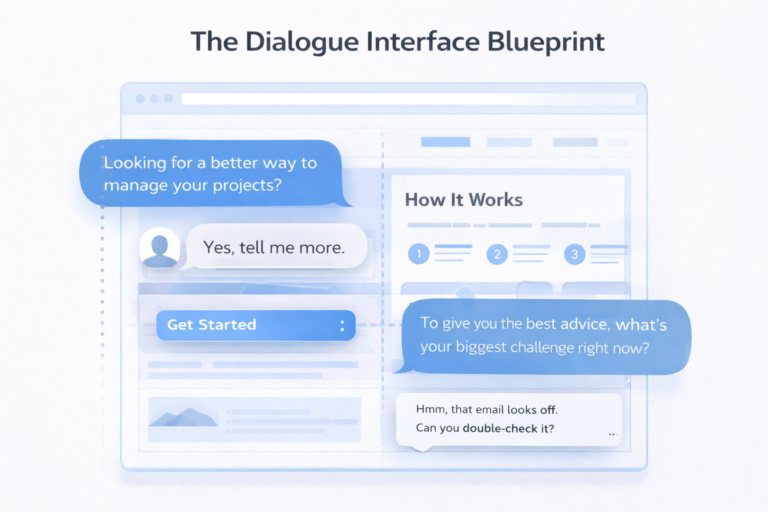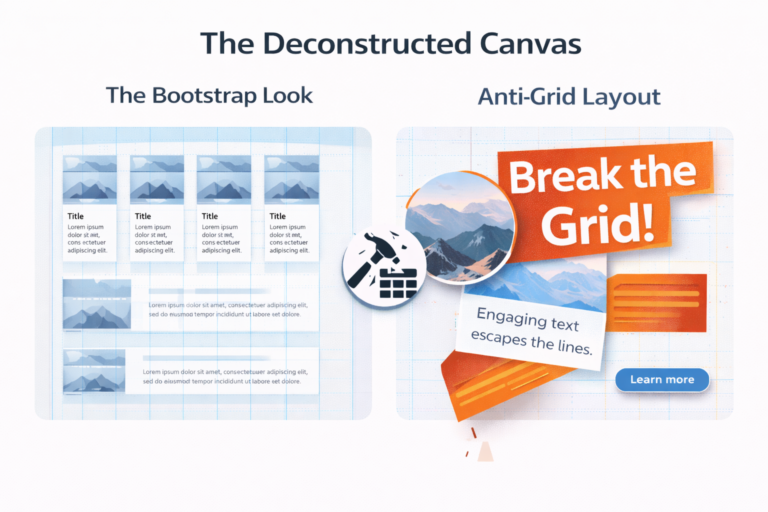In 2025, artificial intelligence (AI) is radically changing the field of search engine optimization (SEO). AI tools are no longer just a sci-fi idea; they are now a crucial component of any successful SEO strategy for companies both domestically and internationally. AI enables SEO specialists and digital marketers to attain previously unheard-of levels of efficiency, accuracy, and performance—from comprehending intricate user intent to automating tiresome tasks.
How SEO is Being Transformed by AI Tools:
AI is a potent co-pilot in all aspects of SEO optimization, not just a trendy term:
- Improved Intent Analysis & Keyword Research:
- Beyond Volume: AI analyzes conversational queries, long-tail variations, and semantic relationships to find untapped opportunities. It goes beyond simple search volume. Natural Language Processing (NLP) is used by tools to determine the actual purpose of a user’s search.
- Predictive analytics: By using AI to predict new trends and seasonal changes, marketers can stay ahead of the competition and optimize content for future demand.
- Competitive Intelligence: AI-powered tools quickly examine rival tactics to determine their backlink profiles, content gaps, and top-ranking keywords.
- Transforming the Production and Optimization of Content:
- Content Briefs & Outlines: AI tools are capable of producing thorough content outlines that satisfy search intent by covering all pertinent subjects, subheadings, and queries.
- Content Generation & Rewriting: AI can create initial content, paragraphs, product descriptions, and even ad copy, greatly accelerating the content marketing process, even though human oversight is still essential.
- On-Page Optimization Suggestions: AI looks for particular keywords in top-ranking content and makes recommendations in real time regarding content structure, readability, and keyword density.
- Search engines can better comprehend your content and possibly display rich snippets in SERPs by using AI to automate the creation of structured data markup, such as FAQs and HowTo schemas.
- Improving Technical SEO:
- Site Audits and Error Detection: Artificial intelligence (AI) tools are able to swiftly crawl large websites in order to find technical problems such as broken links, duplicate content, slow page speeds, and crawl errors. These tools can then provide solutions that can be put into practice.
- Page Speed Optimization: AI can identify the specific causes of slow loading times, such as large images or ineffective JavaScript, and suggest accurate fixes to enhance Core Web Vitals (LCP, INP, CLS).
- Internal Linking Suggestions: AI can evaluate the content on your website and recommend contextually appropriate internal links, enhancing site usability and allocating link equity.
- Simplifying Outreach & Link Building:
- Prospect Identification: AI systems can save countless hours of manual research by locating authoritative and highly relevant websites for backlink opportunities.
- Personalized Outreach: AI can help with the creation of tailored outreach emails, increasing link-building campaigns’ response rates.
- Competitor Backlink Analysis: To find new link opportunities, tools can swiftly examine competitor backlink profiles.
- Analyzing Data and Tracking Performance:
- Pattern Recognition: AI is able to analyze enormous datasets from Google Analytics, Google Search Console, and other sources to find hidden ranking factors, trends, and subtle patterns that humans might overlook.
- Predictive Performance: AI enables more strategic decision-making by modeling the effects of SEO modifications and forecasting future changes in rankings.
- AI Overview Tracking: As AI Overviews (Google’s SGE) gain popularity, specialized AI tools are being developed to monitor the performance and visibility of your brand in these novel search experiences.

Important AI SEO Tools to Keep an Eye on in 2025:
Platforms like these are at the forefront of the AI SEO revolution:
- SEMrush and Ahrefs are full-featured SEO suites with a strong AI integration for technical SEO, competitive analysis, content optimization, and keyword research.
- Surfer SEO & Frase are exceptional AI-driven content optimization tools that help make sure content is thorough, pertinent, and search engine-friendly.
- Gemini and ChatGPT are flexible generative AI models that can help with schema generation, drafting, summarization, and content brainstorming.
- AI-powered solutions called Link Whisper & Respona were created especially to speed up internal and external link-building procedures.
Human Touch and Ethical Considerations:
Even though AI has a lot of potential, human oversight is necessary for its ethical and successful application in SEO. Because of Google’s focus on E-E-A-T (Experience, Expertise, Authoritativeness, Trustworthiness), real, human-generated content supported by real experience will always be appreciated.
- AI as a Helper, Not a Replacement: Don’t use AI to automate everything; instead, use it to enhance your skills. Always go over, edit, and add your own brand voice and insights to AI-generated content.
- Prioritize User Value: Make sure AI tools aren’t just used to manipulate algorithms; instead, they’re used to produce content that actually meets user needs and adds value.
- Bias Mitigation and Transparency: Be mindful of possible biases in AI models and work toward equitable, transparent procedures.
The Future of SEO: Cooperation Between Humans and AI
The SEO tactics that embrace human-AI collaboration will be the most effective in 2025. In order to free up SEO professionals to concentrate on high-level strategy, creative problem-solving, relationship building (for digital PR and link building), and guaranteeing the authenticity and distinctive value that only a human touch can provide, AI tools take care of the labor-intensive tasks of data analysis, pattern recognition, and content assistance. Instead of replacing people with AI, the future of SEO will involve enhancing human intelligence with AI’s amazing potential to produce better outcomes.





